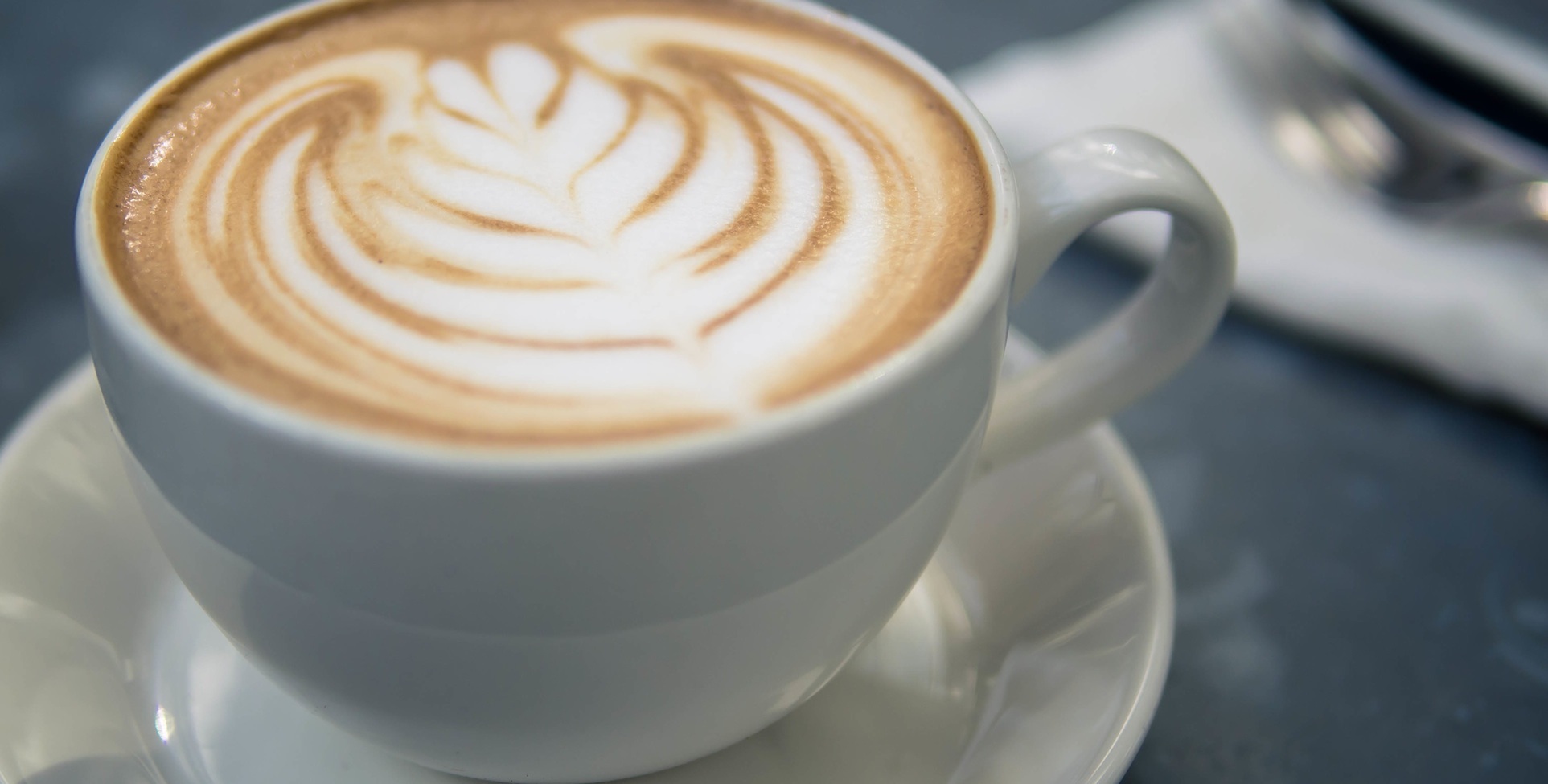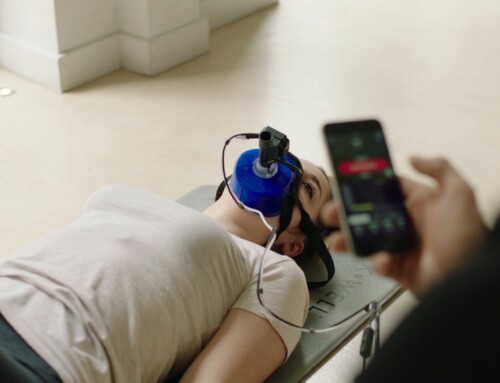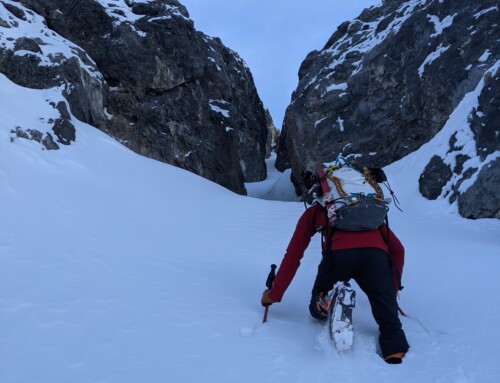Author: Em Wooden
When you check in for a personal training session, group class, or an hour in the Altitude Room at Evolution, you will find yourself facing several shelves packed with various bars and supplements. We have chosen to carry these specific products because we believe that they are the best on the market. Many of them are local, organic, vegan, or gluten free. A lot of thought goes into selecting each brand that we carry, and the focus is always on health benefits for our clients and patients. To the left of the shelves sits a refrigerator stocked with a variety of drinks including Hi-Ball Energy and Viso Energy. Athletes looking for a performance boost should check out these energy drinks.
Caffeine has been something of a controversial topic in terms of health, given that excessive consumption can cause your heartbeat to speed up and can trigger muscle tremors and insomnia. On the other hand, it seems to reduce the risk for an impressive variety of ailments including Parkinson’s disease and a handful of cancers. In the day-to-day it is widely used as a legal stimulant, both for the purpose of staying alert and to enhance athletic performance. Coffee, energy drinks, and many kinds of tea and soda contain varying amounts of caffeine. It is also found in some over-the-counter drugs such as Excedrin Migraine. Mayo Clinic advises capping intake at around 500 mg per day to capitalize on the benefits and avoid the risks.
What happens when caffeine is ingested prior to a workout? It allows the body to work harder at a higher speed for a longer period of time. This is true for a sprinter who is running for only a minute, and also for an endurance athlete who keeps at it for a couple of hours. Strength trainers find themselves able to endure longer workouts without succumbing to exhaustion. Studies suggest that caffeine ingested before exercise can increase the body’s ability to burn calories during and after the workout. Caffeine can also improve blood flow (and therefore circulation), as well as memory.
As Cynthia Sass, a Registered Dietitian with a Master’s degree in Public Health, points out: moderation is key. While the jury is still out on the extent to which caffeine acts as a diuretic, keep in mind that hydration is incredibly important. While you may not feel thirsty after downing a cup of coffee or an energy drink, your body still needs water to get through the day whether or not you are working out. You can avoid dehydration by drinking the same amount of caffeine each day; this allows your body to get used to the stimulant and adjust accordingly. Caffeine can also interfere with sleep, so switch over to water or herbal tea for the last six hours of your day to ensure that you stay hydrated and get a solid 8 hours of rest each night. Pay attention to how your body reacts when you alter the amount of caffeine you are ingesting each day and tweak your intake accordingly.
Not all caffeine sources are created equal. A cup of coffee can contain between 95 and 200 milligrams of caffeine depending on the brand and how it was brewed. A shot of espresso falls in the 47 to 75 milligram range, while black tea ranges from 14 to 70 milligrams. With coffee and tea you have the ability to control how much sugar or dairy is added, but that is not the case with other caffeinated beverages. Many sodas and popular energy drinks contain considerable amounts of caffeine, but they are also loaded with sugar. One serving of Red Bull, for instance, contains 27 grams of sugar and 80 milligrams of caffeine. A serving of Monster Energy has the same amount of sugar, and only six more milligrams of caffeine. In June we posted a blog about the negatives effects of sugar on the body. Keep in mind the damage sugar can do to your brain and immune system when you are picking out an energy drink; your caffeine source should benefit your workout as much as possible without harming your body. That is why Evolution carries Viso Energy and Hi-Ball Energy. One serving of Viso contains only 17.5 grams of sugar and a whopping 150 milligrams of caffeine, while Hi-Ball contains absolutely no sugar and boasts 160 milligrams of caffeine. Rather than relying on a sugar rush to energize you, these brands provide a strong punch of caffeine to carry you through your workout. Also keep in mind that some of the products we carry are appropriate for before the workout, some for during, and some are for recovering after the workout. As always, let us know if you have any questions!
Sources:
Graham, T.E. (2001). Caffeine and exercise: metabolism, endurance and performance
Hi-Ball Energy. (n.d.). Nutrition Facts. Retrieved from https://hiballer.com/collections/sparkling-energy-water/products/16oz-grapefruit-sparkling-energy-water-12-pack
Mayo Clinic Staff. (2014, May 13). Caffeine content for coffee, tea, soda, and more. Retrieved from http://www.mayoclinic.org/healthy-lifestyle/nutrition-and-healthy-eating/in-depth/caffeine/art-20049372
Mayo Clinic Staff. (2014, April 14). Caffeine: How much is too much? Retrieved from http://www.mayoclinic.org/healthy-lifestyle/nutrition-and-healthy-eating/in-depth/caffeine/art-20045678?reDate=18032016
Sass, C., MPH, RD. (2014, June 19). 5 Reasons to Drink Coffee Before Your Workout. Retrieved from http://news.health.com/2014/06/19/5-reasons-to-drink-coffee-before-your-workout/
Spriet, L.L., Ph.D., & Graham, T.E., Ph.D. (n.d.). Caffeine and Exercise Performance. Retrieved from https://www.acsm.org/docs/current-comments/caffeineandexercise.pdf
Viso®. (n.d.). Supplement Facts. Retrieved from http://drinkviso.com/wp-content/uploads/2014/06/Supplement_Energy2-copy.jpg
Whiteman, H. (2015, Oct 28). Caffeine: how does it affect our health? Retrieved from http://www.medicalnewstoday.com/articles/271707.php




